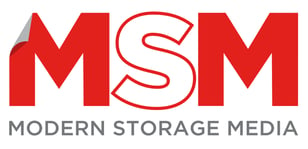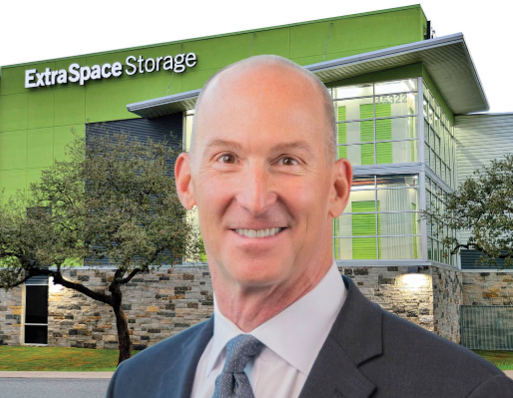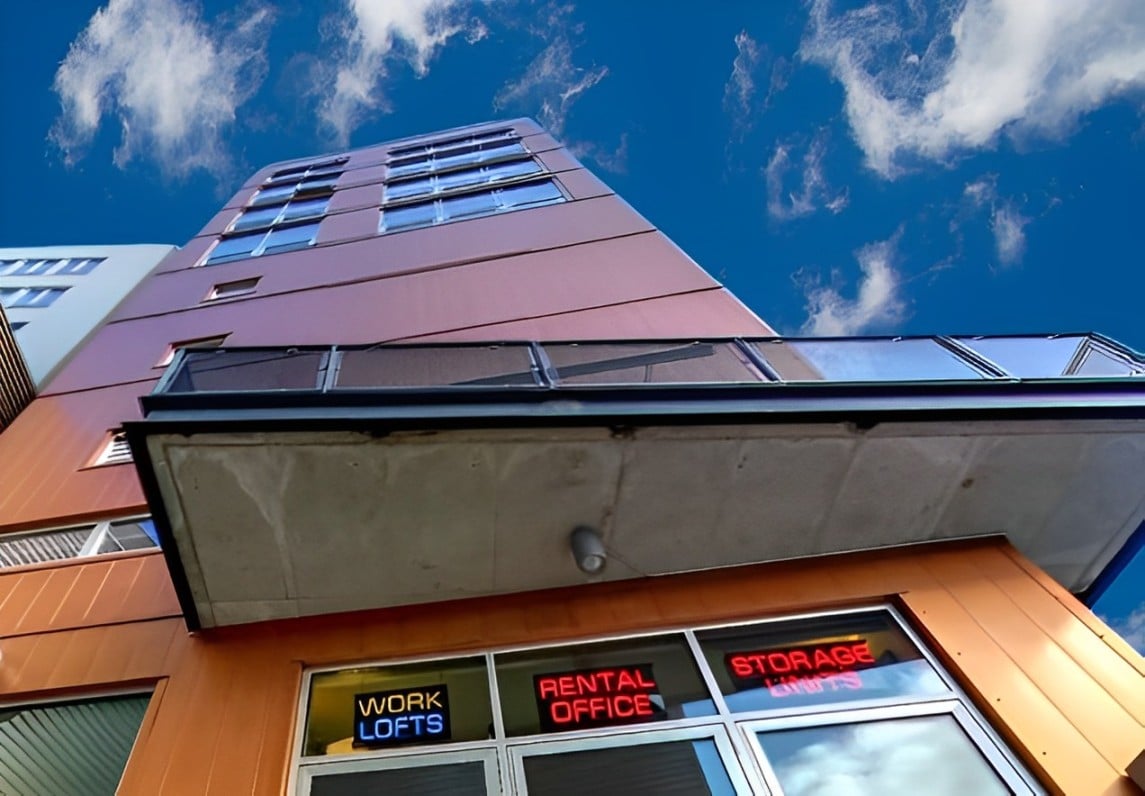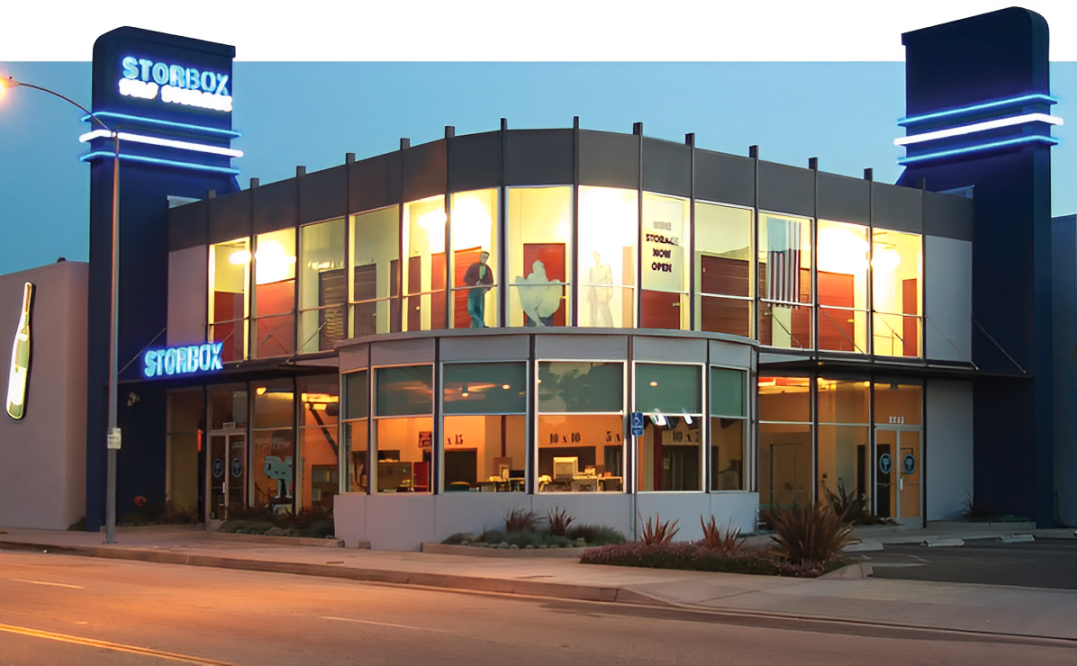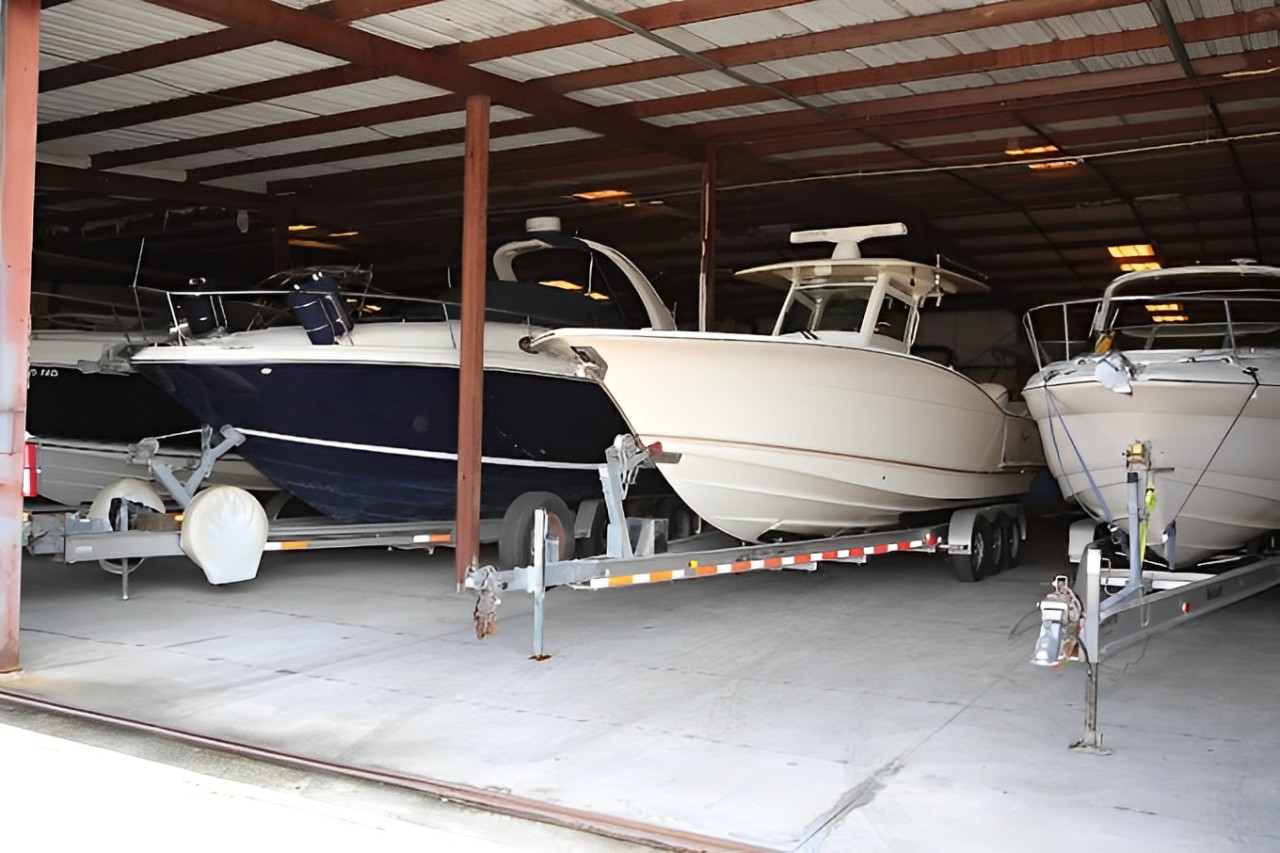Thinking Outside The Box
Insuring The Most Challenging Properties
We have all seen the news reports of businesses and homes damaged by hail, wind, tornadoes, and other severe weather events. You may be thinking that it seems like we have heard about this type of damage more and more frequently in the past few years. Simply put, it seems that way because it’s true.
A recent insurance industry report confirms the anecdotal evidence. Since 2008, wind and hail claims have become more numerous, and the average cost of these claims has increased substantially. Insurance Journal, a leading trade publication for the insurance industry, reported in July 2016 that the United States saw $4.8 million in insured property losses resulting from catastrophes in the first quarter of 2016. This represents a significant increase over the $3.6 billion in losses reported during the same period in 2015 and the ten-year $3.1 billion average for first-quarter catastrophe losses.
In response to this trend, insurance carriers are declining to renew policies for commercial property in certain locations or they are renewing the policies with limitations. New applications for coverage also are being declined at an increasing rate in high-risk areas. In the most challenging geographic areas, some insurance carriers have decided to cease writing commercial policies altogether. This has made it much more challenging for many insurance agents to secure coverage for their self-storage clients.
While severe weather may be one of the most obvious issues when it comes insurance underwriting, there are other factors that can make it difficult to obtain commercial insurance for a self-storage property. For a variety of underwriting reasons, some self-storage properties are more challenging to insure than others.
When evaluating the eligibility of a risk during the application process, an insurance carrier will consider (in addition to geographic location) the age of the buildings on the property as well as how the buildings are being used. It is not uncommon for an operator to use buildings on the self-storage property for non-storage functions such as non-storage retail, a postal and shipping business, a car wash, or executive suites to name just a few of the many possibilities. Each of these non-storage functions incurs specific risks that must be addressed by the commercial insurance policy. A non-storage exposure does not make the account a “bad risk,” it just requires that more information be gathered to determine whether it is eligible based on a carrier’s underwriting guidelines.
In addition, the insurance carrier will consider carefully the operation’s loss history. All claims reported within a requested time period, generally the previous three to five years, will be reviewed in detail and reflected in the carrier’s final evaluation of the application. Taken as a whole, these factors play a key role in determining whether the insurance carrier will accept or decline the application and, if accepted, any coverage limitations as well as the premium. Self-storage businesses with older buildings, questionable exposures, or marginal underwriting characteristics may find it as challenging to obtain commercial insurance coverage as those facilities in geographic locations prone to wind, hail, and severe weather.
Creating Insurance Solutions
During the past several years while insurance agents representing self-storage business owners with difficult properties have been scrambling to secure commercial coverage for these operations, insurance providers have faced challenges of their own. With insurance carriers increasingly declining these types of applications or requiring restrictive limitations, such as wind and hail deductibles of five to ten percent or excluding wind and hail, it became clear that insurance solutions needed to be developed to address this growing subset of self-storage operations.
Mike Schofield, President and CEO of Phoenix-based, MiniCo Insurance Agency, noted that the dilemma faced by self-storage property owners and their insurance agents was also keenly felt by underwriters. “When the trend of rising catastrophic claims began to impact the carriers’ appetite for business, it posed a dilemma for underwriters in our company and many others,” he said. “It became increasingly hard to write difficult properties using a traditional commercial insurance policy, so we started thinking ‘outside the box’ to create products that would offer insurance solutions to self-storage properties in geographic areas prone to severe weather as well as those with older buildings or other marginal underwriting characteristics.”
The first step for MiniCo was to become a coverholder for the internationally recognized Lloyd’s of London. Lloyd’s is a specialist insurance and reinsurance market that is often the first to insure new, unusual, or complex risks. MiniCo’s coverholder status grants the company the authority to underwrite business on behalf of Lloyd’s syndicates. As a result of this new business relationship, MiniCo launched two new programs that may benefit self-storage owners facing these types of insurance challenges. Both programs are underwritten by a non-admitted carrier with an A.M. Best “A” rating and are available nationwide.
Property Coverage for Difficult Self-Storage Exposures
MiniCo’s new property insurance program, offered in partnership with Lloyd’s, is a stand-alone policy created specifically for self-storage facilities that are difficult to insure due to geographic location, age, or loss experience. Coverage is available for buildings and structures, business personal property, business income, crime, and other exposures.
This property insurance policy may be paired with MiniCo’s monoline general liability coverage, which includes self-storage specialty coverages such as customer goods legal liability, sale and disposal liability, and limited pollutant removal. This combination of stand-alone property and general liability with self-storage specialty coverages offers insurance agents greater flexibility in working with self-storage operations that may be challenging to insure or those that require a unique policy design as it pertains to limits and coverage.
Deductible Buy-Back Program
Percentage wind and hail deductibles have been implemented by insurance carriers in geographic areas prone to catastrophic wind and hail claims. In fact, deductibles of five to ten percent are becoming standard practice in the most challenging locations. Not only does this practice mean that a facility owner may be faced with a large potential out-of-pocket financial exposure, but also it may violate the terms of the mortgage agreement, which may place a ceiling on the amount of the insurance deductible.
MiniCo has introduced a wind/hail deductible buy-back program for both storage and non-storage commercial property. Property owners may purchase a stand-alone policy that enables the deductible to be lowered to a certain percentage or specific dollar amount. (See the table for sample premiums.)
| Sample Deductible Buy-Back Premiums | ||||
| Florida | Texas Coastal | |||
| Building limit | $1.8M | Building limit | $1.8M | |
| 5% wind & hail deductible | $90K | 5% wind & hail deductible | $90K | |
| Buy back to 2% deductible | $36K | Buy back to 2% deductible | $36K | |
| Deductible reduction | $54K | Deductible reduction | $54K | |
| Premium | $3,443 | Premium | $2,754 |
While similar programs are available in the insurance market, MiniCo’s Mike Schofield is confident that the company’s in-depth knowledge of the self-storage industry is a valuable benefit for business owners. “MiniCo has over 40 years of experience underwriting self-storage operations. Our property and wind/hail deductible buy-back programs were created to offer solutions for business owners facing steep insurance challenges. Although these programs are new, agents and policyholders will experience MiniCo’s concierge service and benefit from our underwriters’ many years of specialization in the self-storage industry.”
Robert Novak is a senior underwriter for Phoenix-based MiniCo Insurance Agency, LLC. MiniCo provides industry-leading specialty programs for self-storage businesses including property casualty insurance and tenant insurance programs.
More Content
Popular Posts
The self storage industry is in a precarious...
The REITs new pricing strategy – lowering...
With the approval of both companies’...
Recent Posts
Ramey Jackson is the CEO of Janus...
Imagine preparing to move and needing to...
Owning or managing a self-storage facility...
Helen Keller is quoted as saying, “Alone we...
It’s often been said that “opportunity is...
There’s a saying in Florida that there are...
The landscape of the self-storage industry...

